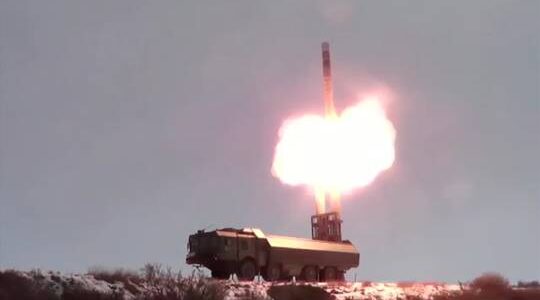
Moscow stands ready to thwart threats from a Japanese military buildup near Russian islands in the Far East, Russian Deputy Foreign Minister Andrey Rudenko has said.
The statement came after Japanese broadcaster NHK cited the country’s Defense Ministry in late December as saying that Tokyo was planning to deploy supersonic missiles on the island of Hokkaido, which borders Russia’s Kuril Islands, the southern part of which Japan claims as its “Northern Territories.” Moscow condemned the move at the time.

“We consider Tokyo’s activities a serious challenge to the security of our country and the Asia-Pacific as a whole,” Rudenko stated, in an interview with TASS news agency on Tuesday.
“If such practices continue, we will be forced to implement appropriate retaliatory measures in order to block the military threats Russia faces,” the diplomat added, condemning the “expedited militarization” of Japan and the “unprecedented” increase in its military budget.

In 2017, then-Japanese Prime Minister Shinzo Abe unveiled a plan to revise the country’s pacifist constitution, adopted shortly after World War II under the auspices of the US. Although the document bans Tokyo from maintaining a standing army, Japan has formidable self-defense forces. Abe said at the time that the reform would make their status “explicit.”
Last month, the Japanese government approved a record $51 billion draft defense budget for fiscal year 2023. Tokyo also revised its National Security Strategy, allowing for the acquisition of “counterstrike capabilities.”
It has become “increasingly difficult to fully address missile threats with the existing missile defense network alone,” Prime Minister Fumio Kishida said in December, citing threats from China and North Korea.
Japan, together with many Western countries, imposed sanctions on Russia following Moscow’s military offensive in Ukraine launched last February. It also sent military supplies to Kiev, including flak jackets and helmets.
Russia has since blacklisted several top Japanese officials, including Kishida, for waging “an unprecedented anti-Russian campaign.”
Credit: RT News
